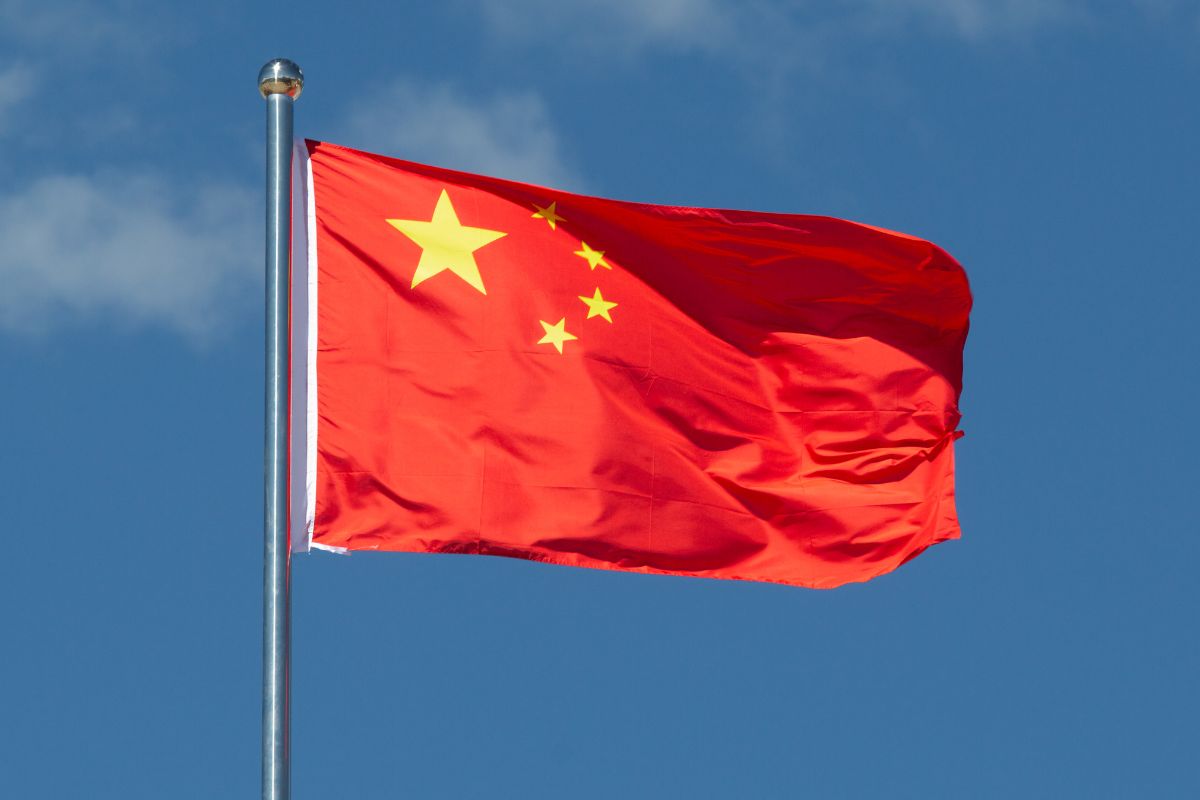New set of rules replaces the 2012 version, giving the central government more information and control over the industry.
The Chinese government has introduced a new set of regulations to strengthen oversight of its rare earth industry, a strategic sector for global technology and defense supply chains. The “Interim Measures for the Regulation and Management of Rare Earth Mining and Rare Earth Smelting and Separation” establish a comprehensive framework that goes beyond the country’s existing quota system. Initially proposed in February, most of the draft measures have now been formally adopted.
It replaces an existing framework, in place since 2012, which focused mainly on mining and smelting operations. The new rules expand oversight to the entire rare earth production process, as well as imported material. They introduce “total control indicators”, setting annual production limits for approved enterprises based on national economic goals, resource reserves, environmental protection, and market demand. Enterprises are now required to report monthly operational data before the tenth of each month, whereas previously only overall production volumes were reported. Violations may result in administrative penalties or reductions in future production quotas, as was stipulated in past rules.
Notably, the final rules omit any mention of export licenses, a departure from the initial proposal.
The Measures also explicitly state that only officially approved enterprises are permitted to engage in rare earth mining, smelting, and separation, reinforcing state control over this strategically important sector. Unlike the previous framework, which primarily relied on local authorities for enforcement, the new rules place greater emphasis on central government oversight, ensuring more uniform implementation and tighter regulatory control across the country.
Photo: StockSnap via Canva

